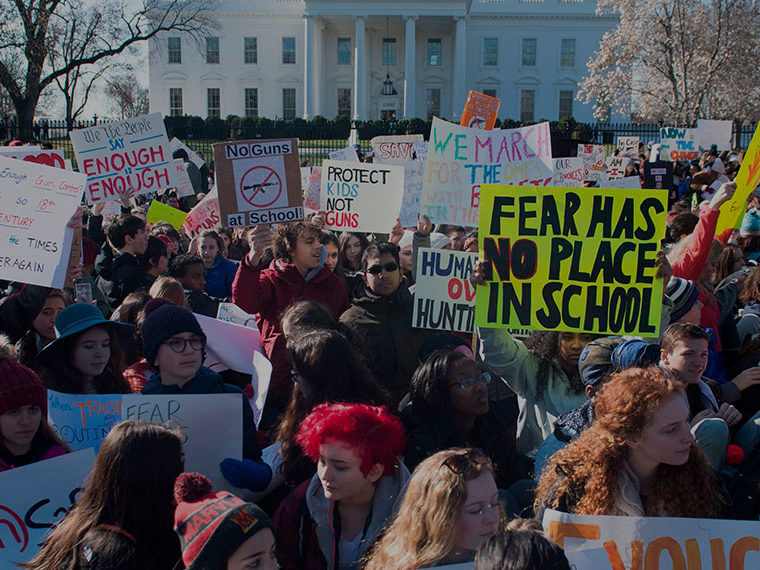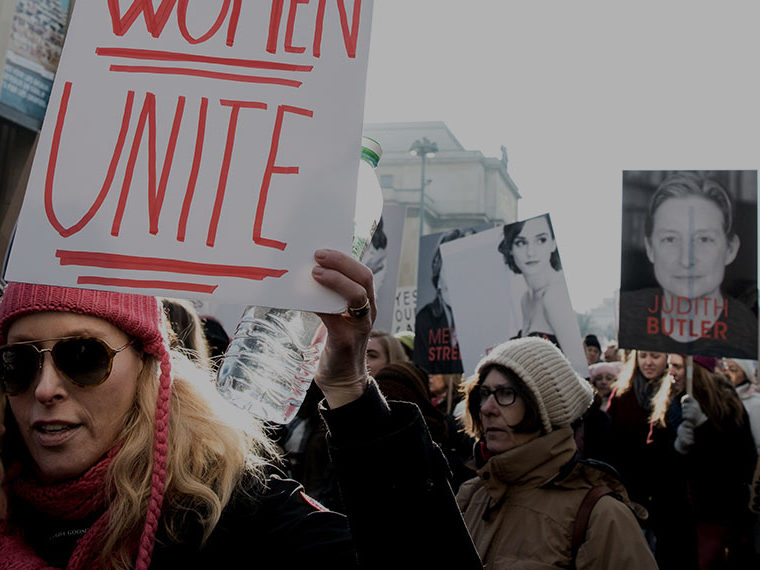New research looks beyond attitudes toward specific executives accused of harassment to focus on people’s perceptions of corporatewide gender culture.
A powerful man is accused of sexual improprieties and removed from his job, pending an investigation. Too often, lost in the unsettling details is what steps, if any, the organization will take to repair its image.
A working paper by University of Amsterdam’s Seval Gündemir and UCLA Anderson’s Serena Does and Margaret Shih suggests that people tend to view a sexual harassment claim as a symptom of a culture that is hostile to women, not simply as a “bad apple” problem.
Gündemir, Does and Shih’s observations are based on four studies that suggest even a single allegation of sexual harassment can decrease perceptions of gender equality in an organization. This has business implications. Previous research has shown that negative perceptions of gender equality can raise questions about a company’s management capabilities; in the current work, Shih and colleagues show that perceptions of inequality reduce a company’s attractiveness as an employer.
Opt In to the Review Monthly Email Update.
The authors’ findings indicate companies might be able to undo much of the reputational damage by responding to a sexual harassment complaint in a way that “gives voice to the alleged victim and shows consideration of their experiences” — as opposed to a dismissive approach: “avoidance focus, suspicion, inaction and encouragement for retraction of the claim.”
Although this might seem obvious, media reports around the #MeToo movement have included several examples in which companies minimized rather than assumed a proactive response to claims, and ignored or downplayed sexual harassment accusations or blamed the alleged victim.
Gündemir, Does and Shih recruited study participants on Amazon Mechanical Turk (MTurk), an online marketplace. In the first experiment, they gave the 447 subjects background on a made-up company, Blockstrout. The control group received no additional information. Others received a press release describing a sexual harassment complaint filed against the company. All were asked to answer questions about the company, ranking responses on a scale of 1 (complete disagreement) to 7 (total agreement).
Areas included gender equality (“I think women and men are treated the same way at Blockstrout”) and organizational attractiveness (“I would exert a great deal of effort to work for Blockstrout”). Also, participants were asked whether the company should hire more men (0 on the scale) or women (10).
As predicted, participants told about the harassment complaint perceived less gender equality than the control group, a mean of 2.76 versus 5.22 on a scale of 1 to 7.
To better understand the psychology behind these findings, the researchers conducted three additional studies. In the first, 144 participants were given information about a fictitious company that included the results of a gender dynamics audit. Half were told the audit showed gender equality, the remainder that the firm had gender inequality. Then they were asked questions similar to those in the first study. Those in the gender inequality group rated the firm a less attractive organization, a mean of 2.53 versus 5.58, while also reporting a slightly higher demand for increasing female hiring, a mean of 5.92 versus 5.23.
The researchers probed further to determine how different types of managerial misconduct might impact an organization’s image, with the addition of an allegation of financial fraud.
The 416 participants in this experiment were divided into thirds. One group was told that a manager was being accused of sexual harassment, another was told that a manager was being accused of financial fraud, and the control group wasn’t told anything beyond the initial company description.
Participants not in the control group also indicated to what extent they thought the transgression — harassment or financial fraud — was symptomatic of a problematic organizational culture (for example, “The alleged behavior of the manager could not have occurred in a company with a healthy culture”).
As before, perceived gender equality decreased with mention of a sexual harassment claim, a mean of 2.59 versus 5.31 in the control condition. Participants in the financial fraud condition also perceived less gender equality than in the control condition.
Next, researchers looked at how the type of misconduct — harassment versus fraud — affected perceptions of an organization’s culture. Those in the sexual harassment group were somewhat more likely to generalize the claim to a corporate-wide culture problem than was the fraud group, a mean of 4.62 compared to 4.05.
The authors’ final focus was the potentially mitigating effect a company’s response bore on public perception. The 483 participants were given information about a company and divided into four groups. Everyone but the control group was told about a sexual harassment complaint. Of the remaining three groups, the first got the sexual harassment claim but no additional information; the second received the sexual harassment claim and information about a proactive response by the organization; the final group received the harassment claim with a dismissive response by the company.
Among those told the company responded in a proactive manner, there was no significant change in perceptions of gender equality or organizational attractiveness when compared with the control group. But minimizing harassment “amplified” the negative impact.
As a whole, Gündemir, Does and Shih argue their studies provide an argument for organizations to put in place grievance procedures that offer a “timely, informative and considerate” response to allegations of misconduct.
Featured Faculty
-
Margaret Shih
Interim Dean and Neil Jacoby Chair in Management; Professor of Management and Organizations
About the Research
Gündemir, S., Does, S., & Shih, M. (2018). Public backlash against sexual harassment and what organizations can do about it.






